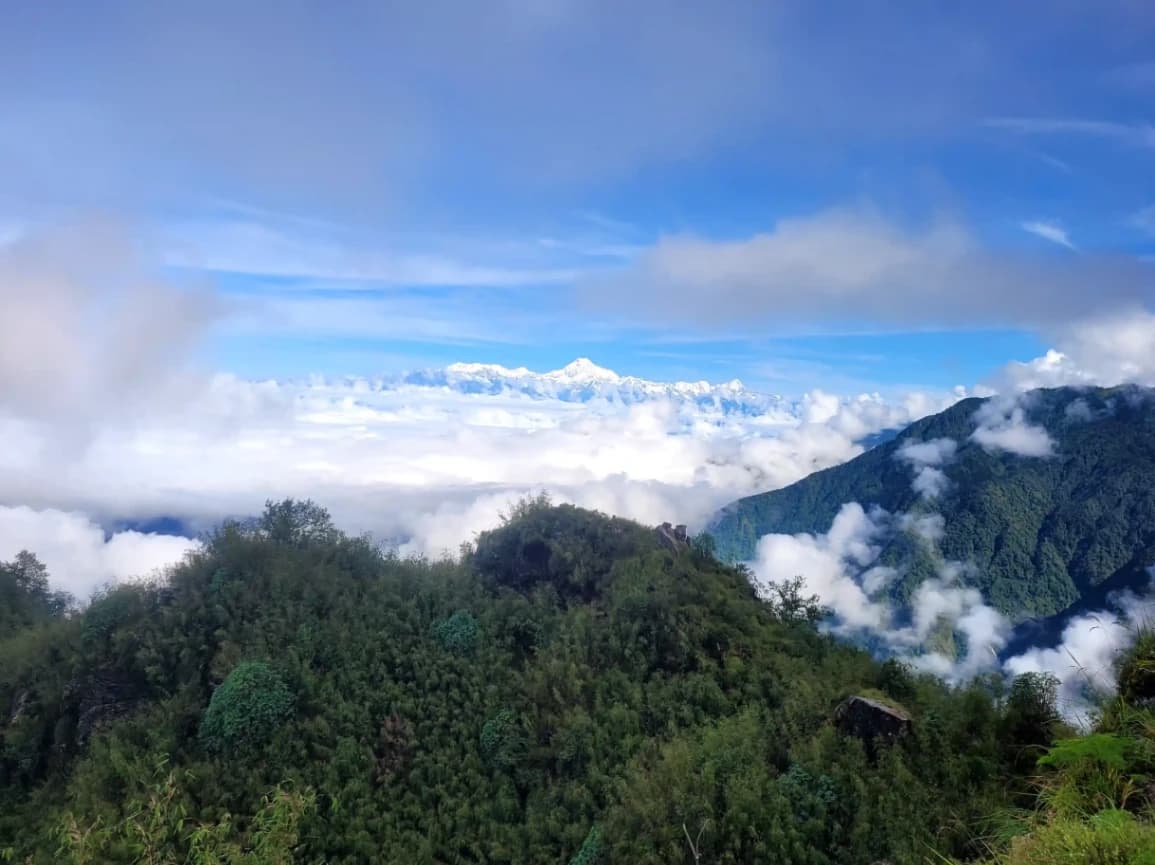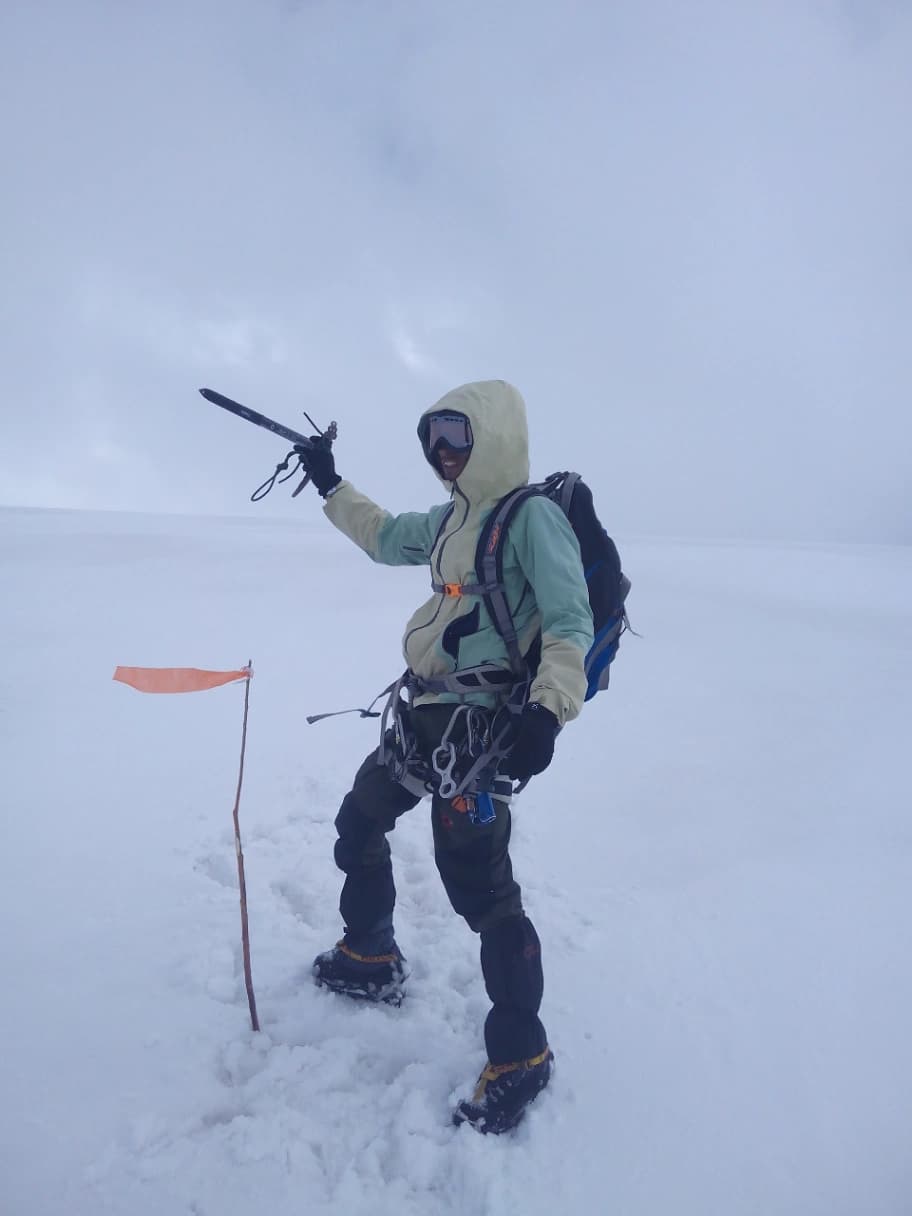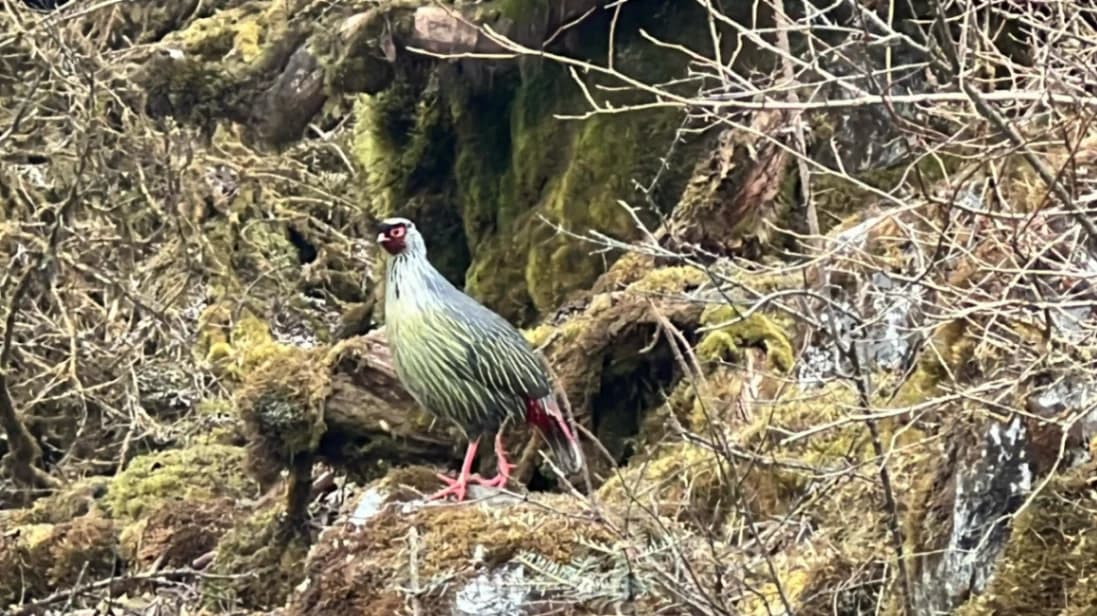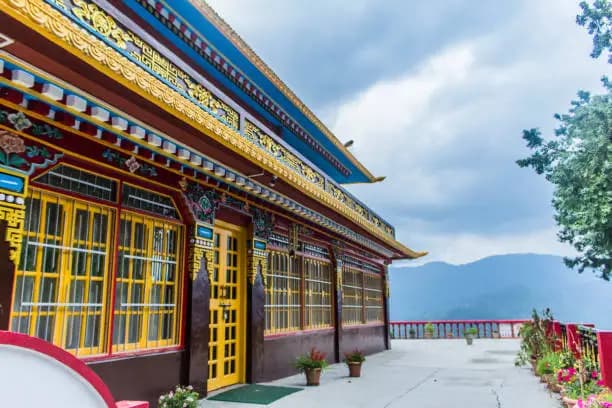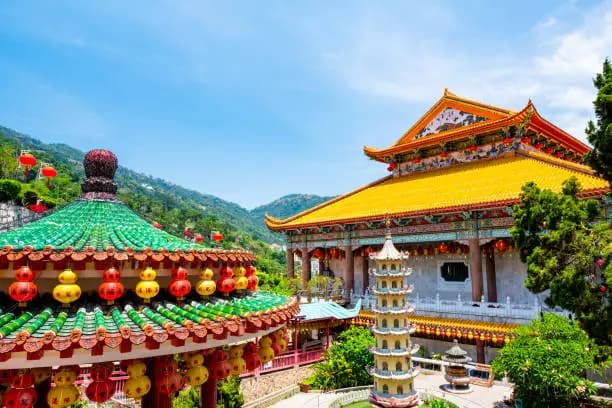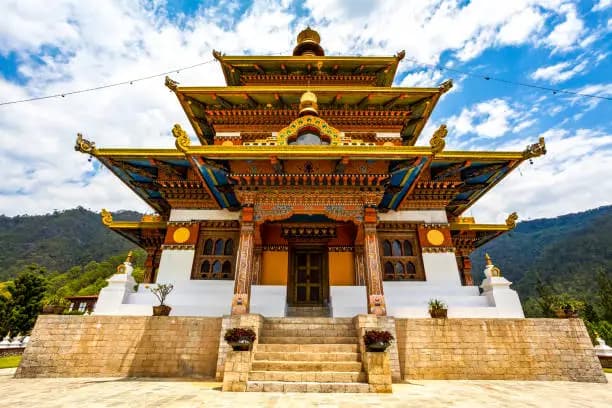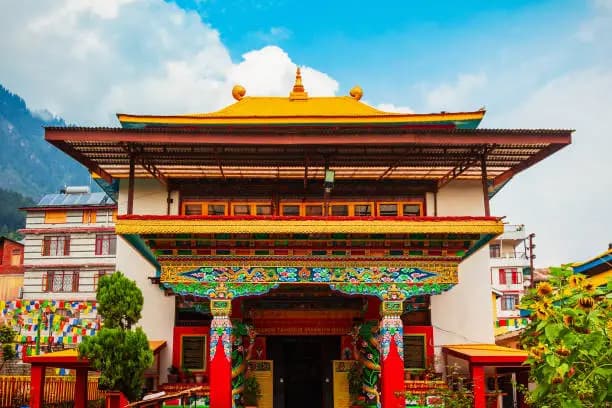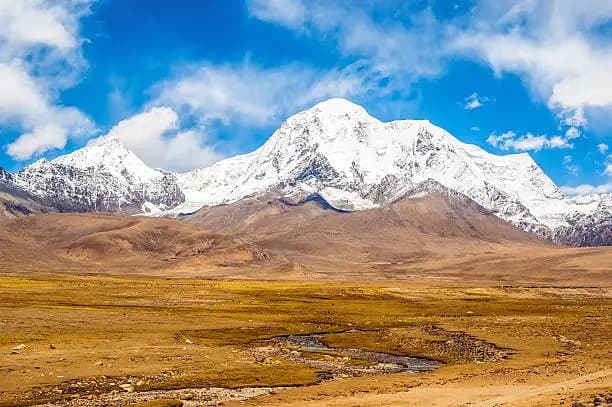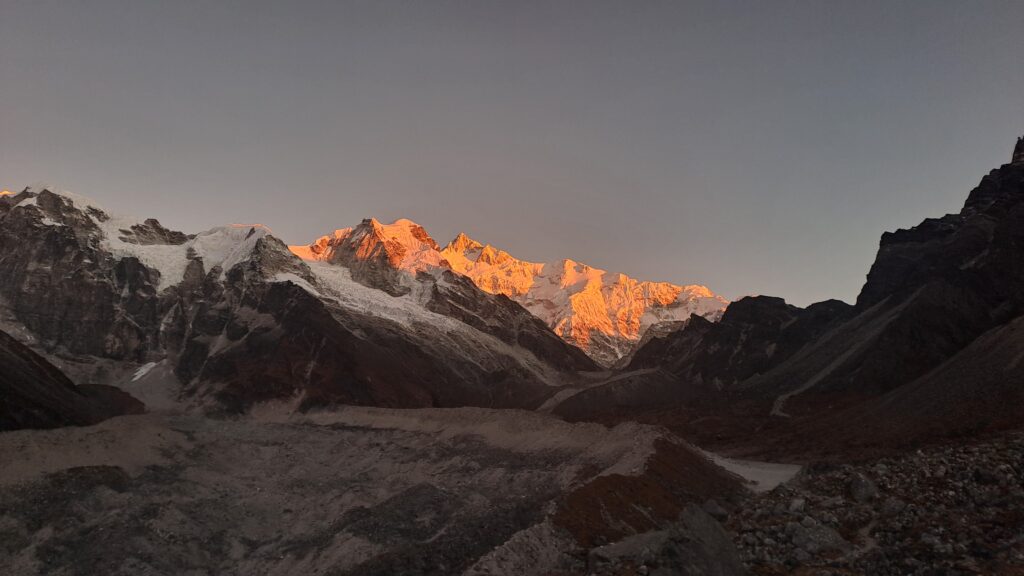
The Goechala Trek is one of the best treks in the Himalayas. It presents excellent views of the Kanchenjunga, the third highest mountain.
Goechala Trek are located in Sikkim, India. It’s popular among adventure enthusiasts and nature enthusiasts. It has a combination of natural beauty, cultural encounters, and thrilling challenges.
Planning to undertake this adventure in the year 2025? Knowing the best time, the itinerary, costs, difficulty, and tips is crucial for an excellent trip.
This book will summarize all there is to know regarding the Goechala Trek. It will prepare you adequately for the adventure of a lifetime.
Overview of the Goechala Trek
The Goechala Trek is located in the heart of the Kanchenjunga range. Adventure enthusiasts and nature lovers adore it.
Location and Geographical Features
The hike is in Sikkim, India, close to Kanchenjunga National Park. It traverses sub-tropical jungles, alpine meadows, and mountainous terrain. Altitudes vary from 1,780 metres at Yuksom to the summit of Dzongri at 4,940 metres
Major Attractions and Highlights
The hike boasts the view of the world’s third-tallest mountain, Kanchenjunga. There are glaciers, high-altitude lakes, and plenty of flora and fauna. Diversity in its landscapes is what makes it unique.
Brief History and Significance
The Goechala Trek has been significant for centuries. It’s part of Sikkim’s cultural and religious heritage. There are Buddhist monasteries and cultural sites en route. It also benefits local economies with eco-tourism.
Best Time to Visit Goechala
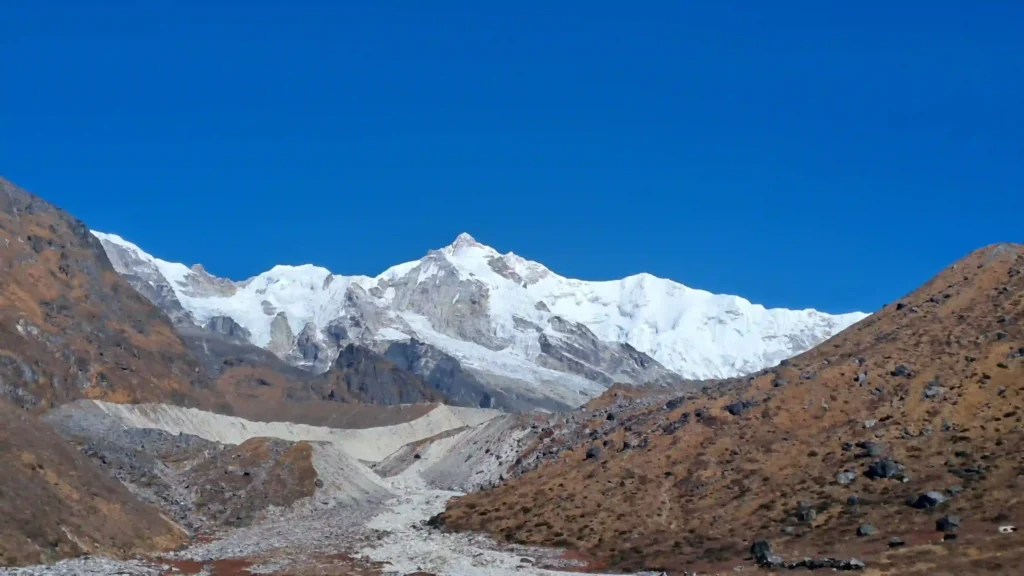
For trekkers, it is essential to know when to undertake the Goechala Trek since the season has a direct impact on how easy it is to trek and how enjoyable it is.
Spring Season: March to May
Spring is a popular season for Goechala Trek. Rhododendron flowers and unobstructed mountain vistas draw nature enthusiasts and photographers.
Rhododendron Blooms and Clear Views
The path is awash with rhododendron blooms in spring. The panorama of Kanchenjunga and the rest of the peaks is breathtaking.
The spring weather is mild and ideal to undertake treks. However, prepare yourself to encounter rain and snow toward the upper regions.
Post-Monsoon Season: September to November
Post-monsoon season is also Best for the Goechala Trek. It provides consistent weather and breathtaking mountain sceneries.
Snow Conditions and Mountain Views
The mountains are free of clouds after the monsoon. This provides beautiful views of the Himalayas. Snow is also best for trekking in Sikkim.
Festival Seasons and Cultural Experiences
This season is filled with local festivals. Trekkers are able to witness the rich heritage of the area. It is a highlight of the trek.
Seasons to Avoid
June to August and from December to February are not ideal occasions. There is too great a danger of landslides, heavy snow, and cold.
“The ideal seasons are those that have a mix of good conditions to trek and the beauty of the landscape”
The most favorable seasons to visit are winter and spring.
Goechala Trek Route Map and Trail Details
The Goechala Trek route map is essential in planning your trip. It will prepare you for what is ahead. Familiarity with the trail is crucial in order to have a good trek.
Complete Route Overview with Distances
The distance is approximately 70 kilometers round-trip. It begins in Yuksom and concludes in Goechala. There are forests, meadows, and rocky terrain along the way.
It is a 7-8 day trek. You will stay overnight in camps during the journey.
Key segments of the trek include:
- Yuksom to Sachen (4 km, 2-3 hours)
- Sachen to Tshoka (7 km, 4-5 hours)
- Tshoka to Dzongri (7 km, 4-5 hours)
- Dzongri to Thansing (6 km, 3-4 hours)
- Thansing to Goechala (5 km, 4-5 hours)
Elevation Profile and Difficulty Sections
The climb is quite demanding in terms of elevation. It begins at Yuksom at 1,780 meters and rises to the summit of Dzongri Top, with Goechala at the summit at 4,940 meters.
The path becomes steeper from Dzongri. Expect high altitudes and there may be ice or snow on the way.
Alternative Routes and Variations
There are other ways to do the trek, apart from the main route.
The Dzongri Top Circuit
Detour to Dzongri Top. There are excellent views of Kanchenjunga from there. This will take one day and is worth it.
The View Point 1 Option
Some of the treks feature a detour to View Point 1. It provides magnificent views of the mountains. It is one of the best ways to view the Himalayas without straying from the main route.
Detailed Day-by-Day Goechala Trek Itinerary
The Goechala Trek route is handled better with proper day-by-day planning, and the trek becomes enjoyable accordingly. This is the most detailed itinerary covering the trek from Yuksom to the summit attempt and return. It has crucial acclimatization days.
Day 1-2: Yuksom to Sachen and Tshoka
The trek starts in Yuksom, a quaint town that marks the beginning of the Goechala Trek. The first day takes you to Sachen, a beautiful spot with stunning views. The next day, you head to Tshoka, a campsite near a serene lake.
Distance: Approximately 4-5 km on Day 1 and 6 km on Day 2.
Altitude: Sachen (2,100m) and Tshoka (3,050m).
Day 3-4: Tshoka to Dzongri and Acclimatization
Day 3 takes you to Dzongri, a spot with amazing views of the Kanchenjunga range. Day 4 is for acclimatization, helping you adjust to the higher altitudes. You’ll take short walks around Dzongri.
Day 5-6: Dzongri to Thansing and Lamuney
Day 5 leads to Thansing, a meadow with panoramic views of the Kanchenjunga. The next day, you go to Lamuney, another beautiful spot on the way to the summit. The scenery gets more dramatic as you go higher.
Distance: Approximately 4-5 km on both days.
Altitude: Thansing (4,570m) and Lamuney (4,800m, approximate).
Day 7-9: Summit Attempt and Return Journey
The seventh day is for the summit attempt at Goechala, with breathtaking sunrise views of the Kanchenjunga. After reaching the summit, you start your descent. You’ll go back to Dzongri and then to Tshoka before returning to Yuksom on Day 9.
| Day | Route | Distance | Altitude |
| 1 | Yuksom to Sachen | 4-5 km | 2,100m |
| 2 | Sachen to Tshoka | 6 km | 3,050m |
| 3 | Tshoka to Dzongri | 7 km | 4,030m |
| 4 | Acclimatization at Dzongri | – | 4,030m |
| 5 | Dzongri to Thansing | 4-5 km | 4,570m |
| 6 | Thansing to Lamuney | 4-5 km | 4,800m (approx.) |
| 7 | Lamuney to Goechala and back | 10-12 km (round trip) | 4,940m |
| 8-9 | Return Journey | Varies | Varies |
Permits, Regulations and Logistical Planning
Planning a successful Goechala Trekneeds careful thought on permits, rules, and planning. The trek offers stunning views of the Kanchenjunga. It’s a favorite spot for trekkers and adventure lovers.
Required Permits for Goechala Trek
To start the Goechala Trek, you must get the right permits. You’ll need a Trekking Permit from Sikkim Tourism. You also need a Kanchenjunga Conservation Area Permit (KCAP) and a Restricted Area Permit because of its location near the India-Nepal border.
| Permit Type | Issuing Authority | Purpose |
| Trekking Permit | Sikkim Tourism | General trekking permit |
| Kanchenjunga Conservation Area Permit (KCAP) | Sikkim Government | Conservation and environmental protection |
| Restricted Area Permit | Sikkim Government | Regulation of sensitive border areas |
Transportation to and from Yuksom
Yuksom is where the Goechala Trek begins. Getting there mixes flights and road travel. The closest airport is Bagdogra Airport in Siliguri. From there, you can take a taxi or bus to Yuksom. The trip from Bagdogra to Yuksom takes about 5-6 hours by road.
Guide and Porter Arrangements
Hiring a local guide and porter is a good idea for the Goechala Trek. Guides share their knowledge of the area, culture, and conditions. This makes the trek better. Porters help carry your bags, so you can enjoy the trek without heavy loads.
You can find guides and porters in Yuksom. They are available through local trekking agencies or directly.
Physical Preparation and Fitness Requirements
The Goechala Trek is a tough adventure that needs good physical prep. To have a great trek, knowing the physical needs and getting ready is key.
Recommended Training Schedule (8 Weeks Plan)
A good training plan is vital for building endurance and stamina. An 8-week plan helps trekkers get fitter slowly.
Cardiovascular Training
Do cardio like running, cycling, or swimming for 30 minutes, 3 times a week. This boosts heart health and stamina.
Strength and Endurance Exercises
Do strength training 2 times a week to build muscle endurance. Focus on legs, core, and upper body for the Goechala Trek route.
Practice Hikes with Loaded Backpack
Practice hikes with a loaded backpack to get used to the trek’s weight and strain. This is important for the real trek.
Altitude Sickness Prevention and Management
Knowing and managing altitude sickness is key for a successful trek. This means slow ascent, staying hydrated, and watching for early signs. Trekkers should be aware of altitude risks and take steps to prevent them.
Essential Gear and Packing List for Goechala
Planning for the Goechala Trek is all about packing the right gear. The trek’s weather and terrain are tough. So, a good packing list is key for a safe and fun trip.
Clothing Recommendations by Layer
Layering is essential for the Goechala Trek’s changing weather. Begin with a moisture-wicking base layer. Then, add an insulating mid-layer. Finish with a waterproof outer layer.
- Base Layer: Thermal tops and leggings
- Mid-Layer: Fleece jacket or sweater
- Outer Layer: Waterproof and windproof jacket
Trekking Equipment and Accessories
Trekking gear is vital for the Goechala Trek’s tough terrain. You’ll need trekking poles, a strong backpack, and the right shoes.
| Equipment | Description |
| Trekking Poles | Provide stability on uneven terrain |
| Backpack | Comfortable, durable, and weather-resistant |
| Trekking Boots | Waterproof, ankle-high, and good tread |
Personal Medications and First Aid Kit
A good first aid kit is essential for minor injuries and preventing bigger problems. Make sure to include band-aids, antiseptic wipes, pain relievers, and any personal meds.
- Band-aids and bandages
- Antiseptic wipes and ointment
- Personal medications for altitude sickness, pain, and allergies
Choosing and packing the right gear can make your Goechala Trek safer and more enjoyable.
Goechala Trek Cost Breakdown for 2025
Are you planning a trek to Goechala in 2025? Let’s look at the costs to help you budget. The cost of the Goechala Trek changes based on several things. These include the time of year, trekking arrangements, and how much you spend.
Organized Trek Package Options
Many trekkers choose to join an organized trek package. These packages include guide services, porter fees, accommodation, meals, and transport. The cost can be between $800 and $1,200 per person. This depends on the agency, services, and luxury level.
When picking a package, think about what’s included and the agency’s reputation. Some agencies offer gear rental or emergency evacuation insurance.
Independent Trekking Budget
If you prefer trekking alone, budgeting is key. You’ll need to pay for permits, transport to Yuksom, guide and porter fees, accommodation, food, and other expenses. Here’s a breakdown:
- Permits: $30 – $50
- Guide/Porter fees: $25 – $30 per day
- Accommodation and food: $15 – $25 per day
The total cost for independent trekking can be between $500 and $800. This depends on your choices and exchange rates.
Additional Costs and Contingency Fund
There might be extra costs like gear rental, extra snacks, or emergency medical evacuations. It’s smart to have a contingency fund for unexpected expenses. Aim to save 10% to 20% of your total budget for emergencies.
Knowing these costs and planning well will make your trek smooth and enjoyable. Check the Goechala Trek route map to plan your trip and costs better.
Conclusion: Is the Goechala Trek Right for You?
The Goechala Trek is a challenging yet rewarding experience. It offers breathtaking views of the Kanchenjunga range. To succeed, you need careful planning, physical preparation, and the right mindset.
Understanding the best time to visit and the trek route is key. You also need to know about permits and regulations. This knowledge is essential for a successful journey.
Potential trekkers should assess their physical fitness and mental readiness. With proper training and preparation, this trek can be life-changing. The stunning landscapes, rich cultural heritage, and sense of accomplishment make it an adventure worth considering.
If you’re planning to embark on the Goechala Trek in 2025, start preparing now. Research and planning are key to a successful and enjoyable trek. With the right preparation and mindset, you’ll be ready to take on the challenges of the Goechala Trek and create unforgettable memories.
FAQ
What is the best time to undertake the Goechala Trek?
The best times for the Goechala Trek are spring (March to May) and post-monsoon (September to November). These seasons offer great weather and stunning views.
How difficult is the Goechala Trek?
The Goechala Trek is moderately difficult. It has steep climbs, high altitudes, and unpredictable weather. Good physical shape and acclimatization are key.
What is the total distance of the Goechala Trek?
The trek’s distance is about 70 km round trip from Yuksom to Goechala. The exact distance depends on the route.
Do I need a guide and porter for the Goechala Trek?
While solo trekking is possible, a guide and porter are recommended. They help with the tough terrain and high altitude. Guides offer insights and porters carry your gear.
What permits are required for the Goechala Trek?
You’ll need permits like the Kanchenjunga National Park permit. These can be arranged through trekking agencies or local authorities in Yuksom.
What is the elevation profile of the Goechala Trek?
The trek starts at 1,780 meters in Yuksom and reaches 4,940 meters at Goechala. It involves a significant climb.
Are there alternative routes or variations for the Goechala Trek?
Yes, there are different routes like the Dzongri Top Circuit and View Point 1 Option. They offer unique views and experiences.
How do I prepare for altitude sickness during the Goechala Trek?
To avoid altitude sickness, ascend slowly, stay hydrated, and watch for symptoms. The itinerary includes acclimatization days to help adjust.
What is the typical cost of the Goechala Trek?
The trek’s cost varies based on whether you choose a package or go solo. It includes permits, guides, porters, accommodations, and food.
Can I get a map of the Goechala Trek route?
Yes, a detailed map of the Goechala Trek route is available. It shows the trail, campsites, and landmarks, aiding navigation.







